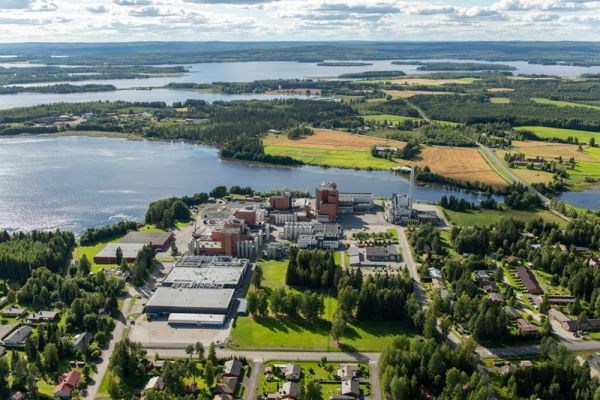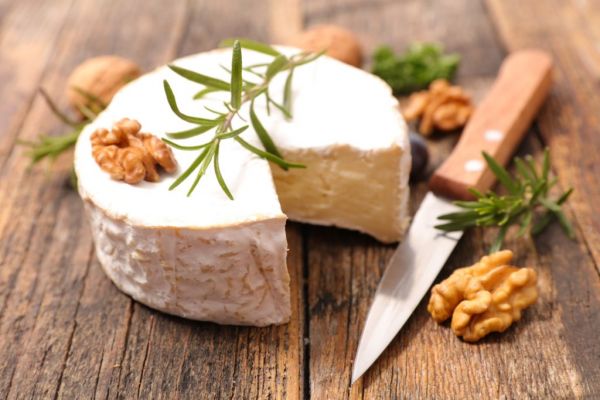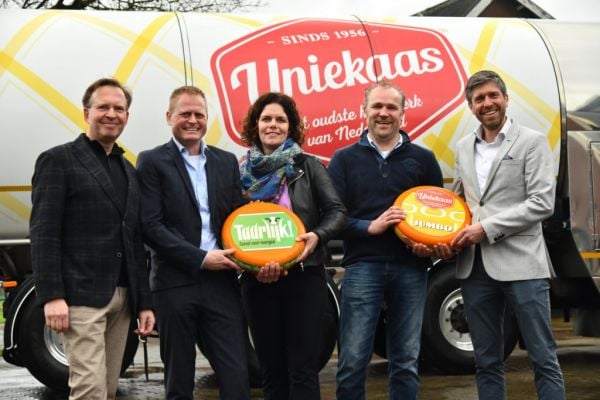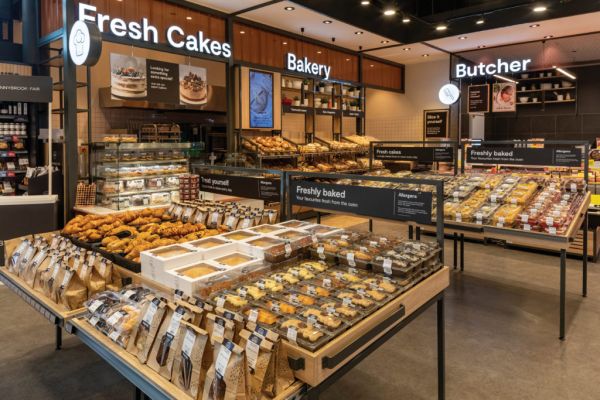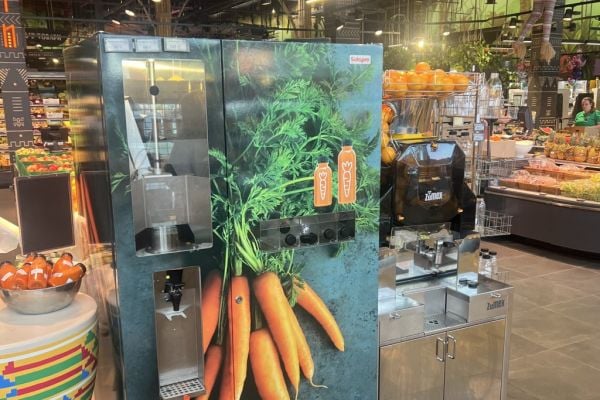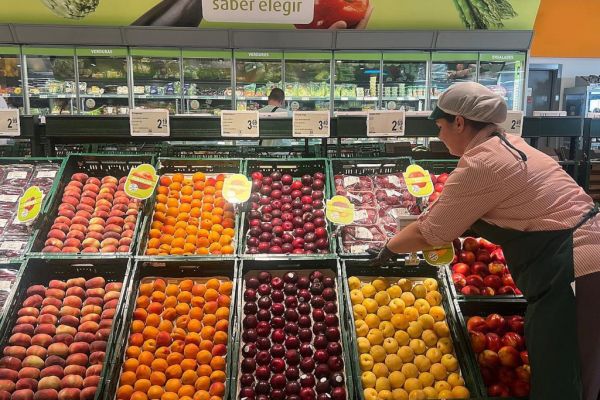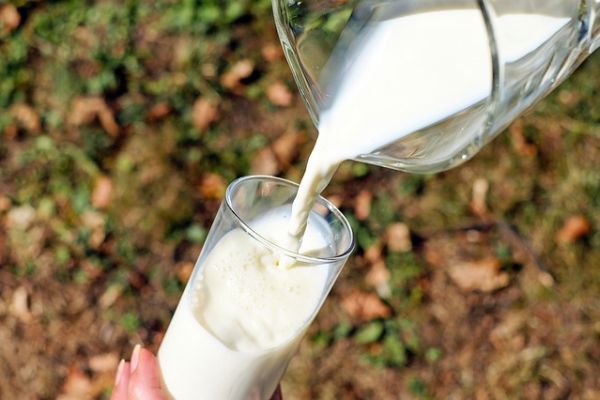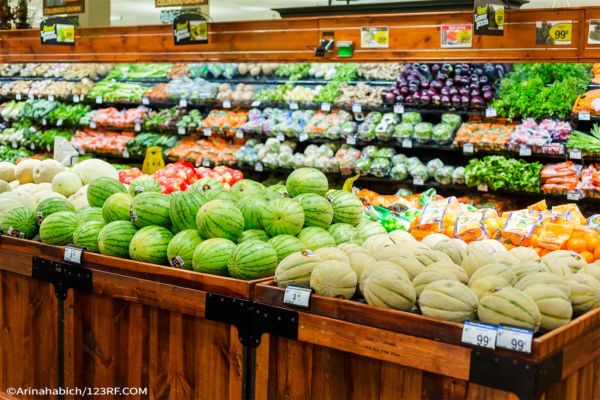Russians are living with less Ferragamo and no parmesan cheese as Italy has lost over $1.5 billion due to European Union sanctions aimed at punishing President Vladimir Putin.
"We are worried and we are afraid,'" Italian Industry Minister Federica Guidi, said in an interview in her office on Rome's Via Veneto, the street known for its cafes and elegant shops where Russians can still occasionally be seen stocking up on designer brands before heading home.
For decades, the two countries enjoyed cozy trade relations, buoyed by the friendship between former Prime Minister Silvio Berlusconi and Putin. Russia's rich donned high fashion straight out of Milan's catwalks and craved delicacies such as Parma ham. Italy grew to rely on that steady and growing stream of imports. All that came to a crashing halt last year as the conflict in the Ukraine drove a wedge between Europe and Russia. The U.S. and the EU slapped on sanctions. Putin retaliated by banning a range of foods, from meat to dairy products.
Italy, whose exports are the biggest economic driver, was hit hard. Even if sanctions were lifted down the line, there's a risk Europe's fourth-biggest economy has lost its Russian customers permanently to rivals, such as Switzerland, which is not part of the EU and not beholden to its laws.
"I've diversified the variety of my cheeses by adding some from Switzerland, Tunisia, Marocco and a bit from Russia but nothing can replace Italian cheeses,'" Alexander Krupetskov, the owner of a specialty cheese store in Moscow said by phone adding that his store continues to do well anyway.
Italy's exports to Russia dropped by €1.25 billion ($1.4 billion), or 12 per cent, in 2014, according to statistics office Istat. This year may be even grimmer with sales of goods and services down 29.4 per cent in the first four months.
As Europe's second-biggest manufacturer after Germany, Italy is affected by the sanctions more than many of its European peers since its economy is just emerging from a three- and-half year long recession, its longest on record.
On Wednesday European governments reached a preliminary agreement to extend sanctions against Russia by six months to the end of January. Representatives of the 28 governments agreed to prolong the trade and investment curbs.
Bloomberg News, edited by ESM

